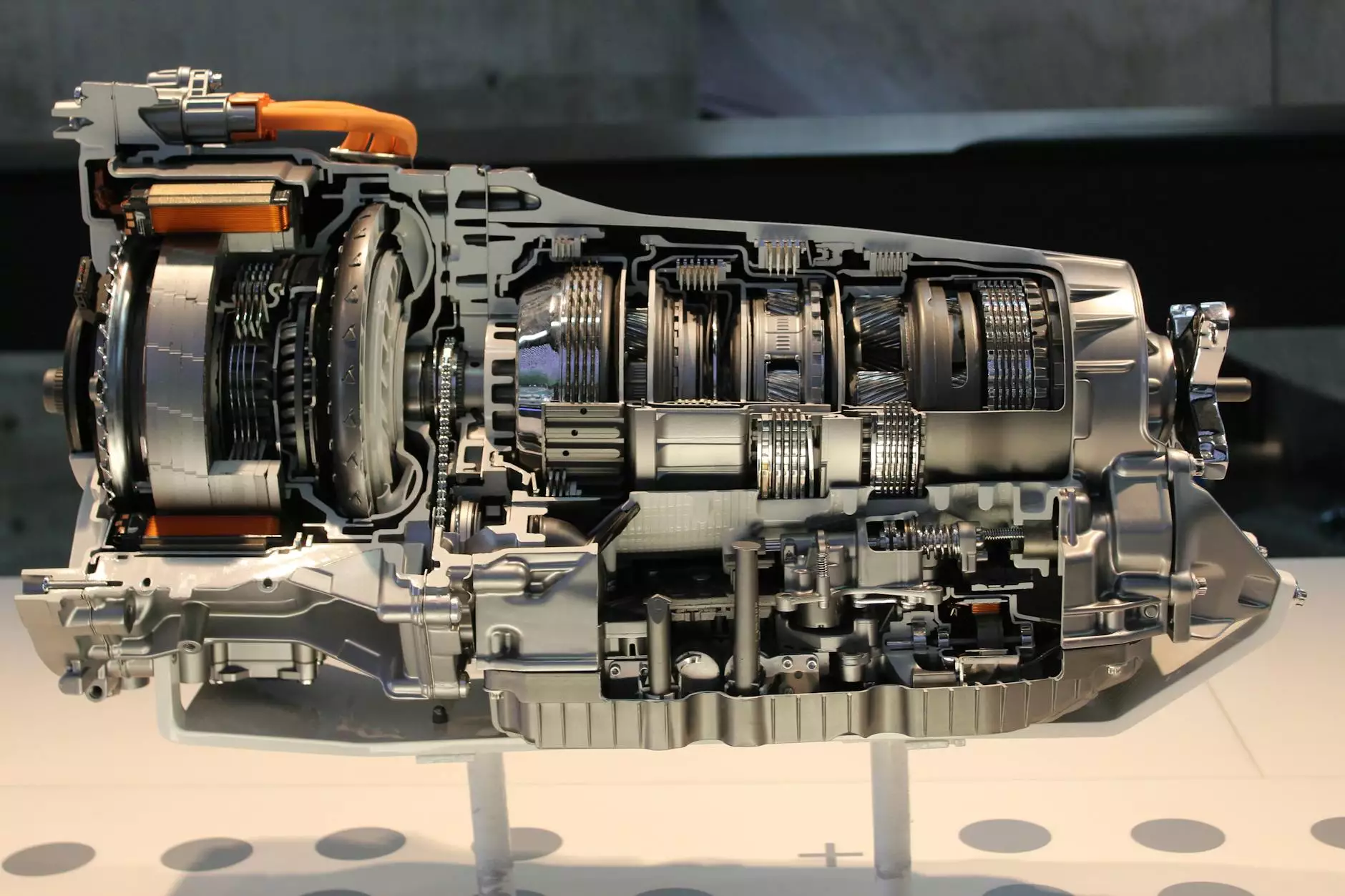The Essential Role of Labelling Tool Machine Learning in Data Annotation

In the evolving landscape of artificial intelligence, the necessity for accurate data has never been more pronounced. Data is the backbone of machine learning models, and effective labelling tool machine learning is crucial in ensuring this data is annotated accurately and efficiently. In this article, we will delve into how labelling tools powered by machine learning are revolutionizing data annotation in businesses and explore the various features of platforms like Keylabs.ai.
Understanding Data Annotation
Data annotation is the process of labeling data to make it understandable for machine learning algorithms. This includes a variety of tasks such as image classification, object detection, text annotation, and more. The annotated data is essential for training algorithms to recognize patterns and make predictions.
Why is Data Annotation Important?
- Enhances Model Accuracy: Properly annotated data leads to more accurate machine learning models.
- Supports Diverse Applications: From computer vision to natural language processing, data annotation caters to varied AI applications.
- Enables Effective Learning: By learning from annotated data, models can improve their performance over time.
The Significance of Labelling Tool Machine Learning
Labelling tools that incorporate machine learning capabilities are designed to automate and streamline the data annotation process. These tools drastically reduce the time and resources required for manual data annotation tasks.
Key Features of Machine Learning Labelling Tools
- Automation: Machine learning algorithms can automatically suggest labels for data based on previously learned patterns, significantly speeding up the annotation process.
- Scalability: Businesses can handle large datasets with ease, as machine learning tools can quickly process and annotate substantial amounts of data.
- Consistency: These tools provide consistent annotations, reducing the risk of human error that often occurs with manual labelling.
How Keylabs.ai Redefines Data Annotation with Machine Learning
As a pioneering Data Annotation Platform, Keylabs.ai offers cutting-edge solutions that harness the power of labelling tool machine learning. Let’s explore how Keylabs.ai enhances the data annotation process and empowers businesses:
Intelligent Labeling Capabilities
Keylabs.ai employs advanced machine learning algorithms to identify and recommend labels, making the annotation process faster and more efficient. This intelligent labelling not only saves time but ensures high accuracy in the data provided for training machine learning models. The more the system learns, the more refined its suggestions become, showcasing the power of machine learning in improving data quality.
User-Friendly Interface
The platform features an intuitive interface that makes it accessible for users of all technical backgrounds. Whether you are a data scientist or a project manager, you can easily navigate the system to manage your data annotation tasks effectively. The ease of use encourages team collaboration and streamlines the workflow.
Customizable Workflows
At Keylabs.ai, every business is unique. The platform provides customizable workflows that can be tailored to meet specific project requirements. This flexibility allows businesses to set their parameters for data annotation, ensuring they get the most relevant labels for their data sets.
Quality Assurance Mechanisms
Quality is paramount in data annotation. Keylabs.ai incorporates rigorous quality assurance processes to ensure that the labelled data meets the highest standards. Human auditors can verify and correct the automatic labels, blending the efficiency of machine learning with the precision of human insight.
Benefits of Utilizing Machine Learning Labelling Tools
Utilizing labelling tool machine learning from platforms like Keylabs.ai offers multiple benefits that can transform how businesses approach data annotation:
Increased Efficiency and Productivity
By automating the annotation process, businesses can exponentially increase their productivity. Instead of spending hours or even days on manual labelling, machine learning tools can complete these tasks in a fraction of the time, allowing teams to focus on more strategic initiatives.
Cost-Effectiveness
Reducing the time spent on data annotation directly correlates with cost savings. Businesses save on labor costs and can allocate resources to other critical areas such as model development or data analysis.
Real-Time Insights and Analytics
Machine learning labelling tools provide real-time analytics on the annotation process, allowing businesses to monitor progress and make data-driven decisions. This transparency is invaluable for project management and oversight.
Improved Data Quality
With the integration of machine learning, the data quality is enhanced due to consistent and accurate labelling. Higher quality data means better-performing models, ultimately leading to improved business outcomes.
Challenges and Considerations
While there are numerous advantages to using labelling tool machine learning, there are also challenges that businesses should consider:
Data Sensitivity and Privacy
Handling sensitive data requires strict compliance with regulations such as GDPR. Businesses must ensure that their data annotation processes respect user privacy and adhere to legal standards.
The Need for Human Oversight
Despite the automation offered by machine learning tools, human oversight remains essential to validate the annotations, especially for complex tasks that require nuanced understanding. A hybrid approach often yields the best results.
Training the Model
The effectiveness of machine learning tools depends on the quality of the initial data used to train them. Businesses must invest time in preparing and cleaning their data to achieve optimal outcomes from labelling tools.
Conclusion: The Future of Data Annotation with Machine Learning
As businesses increasingly rely on data-driven decision-making, the role of labelling tool machine learning in data annotation will only become more critical. Platforms like Keylabs.ai are at the forefront of this transformation, providing powerful tools that enhance the efficiency, scalability, and accuracy of data annotation processes.
By embracing these innovative solutions, businesses not only improve their operational workflow but also ensure their machine learning models are built on a foundation of high-quality, accurately annotated data. The future of data annotation is here, and it is powered by machine learning.









